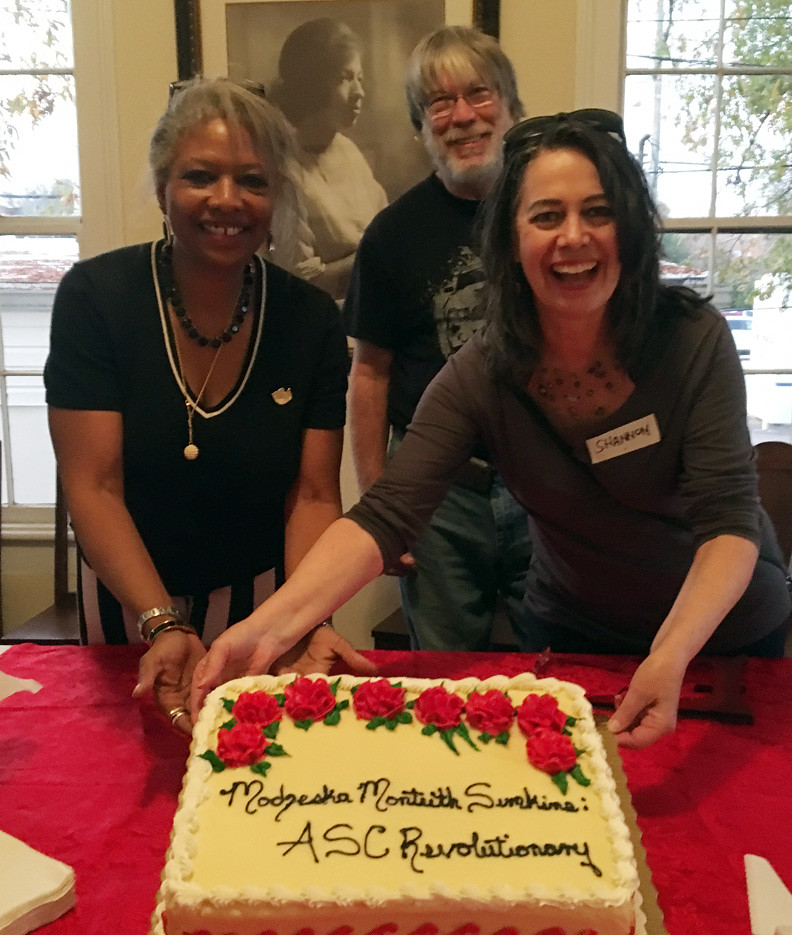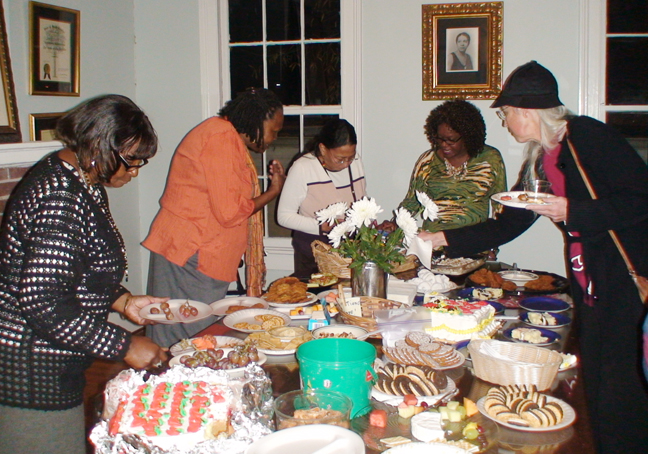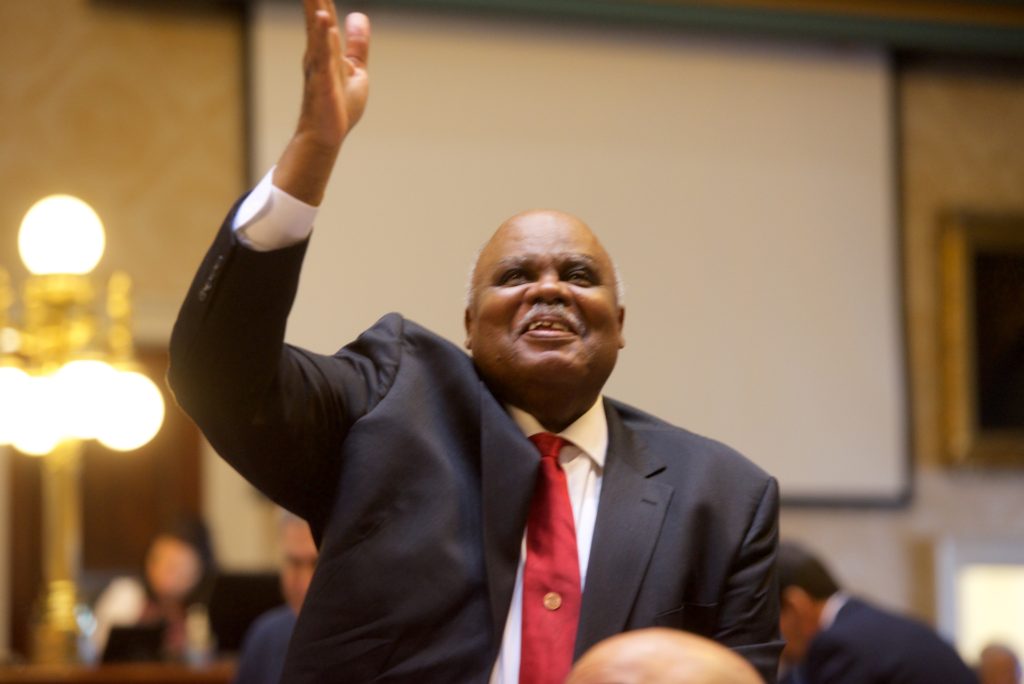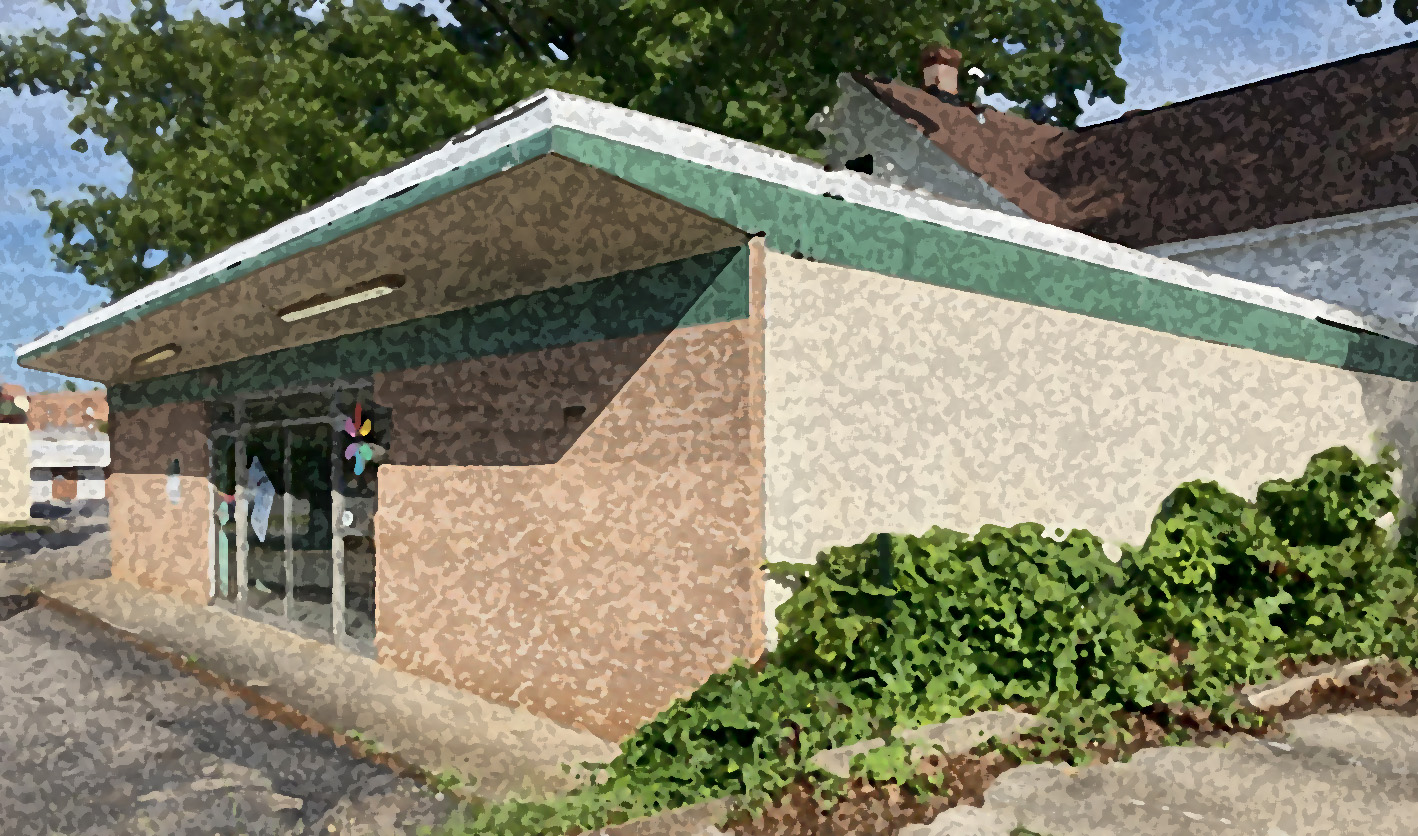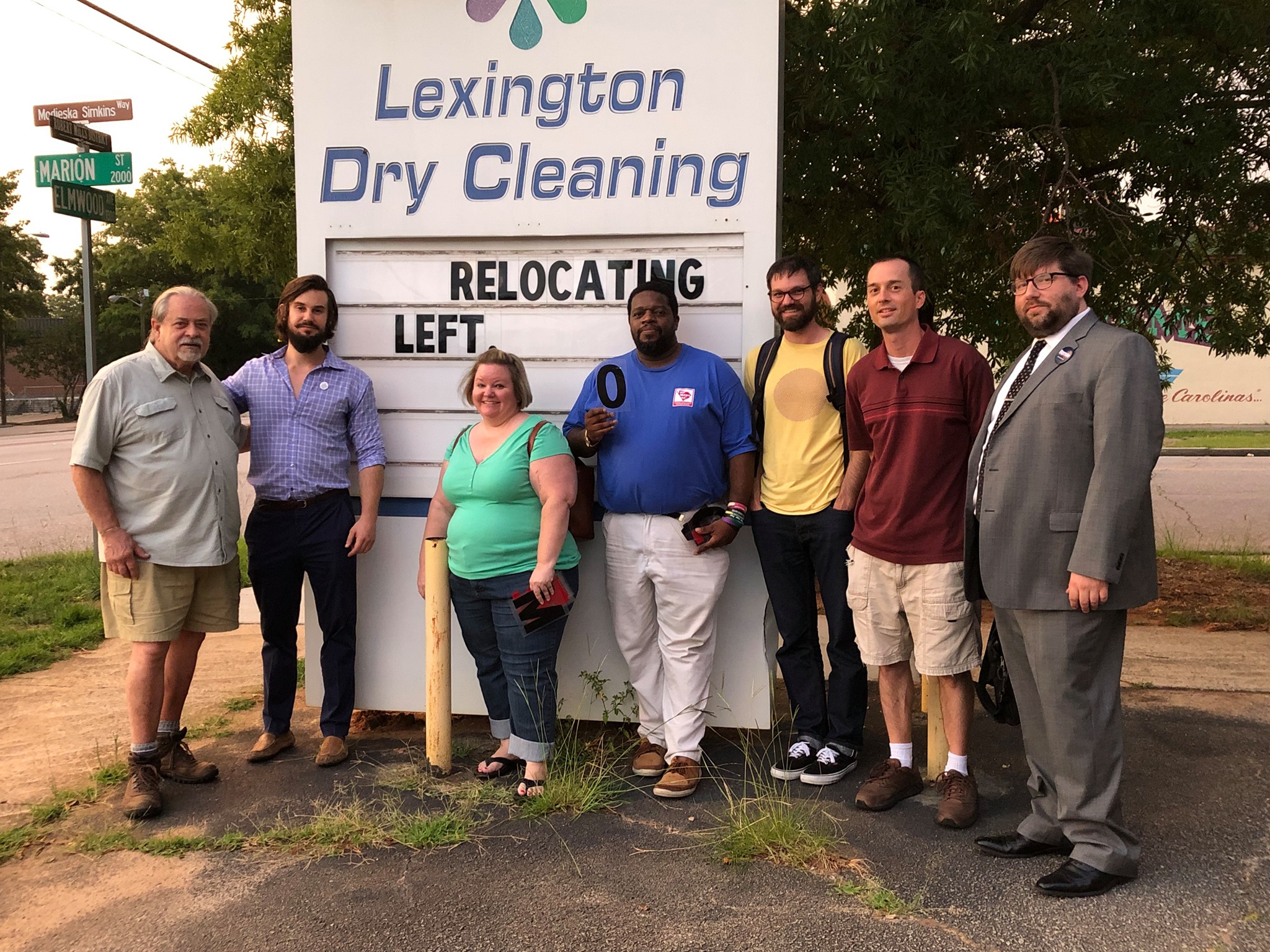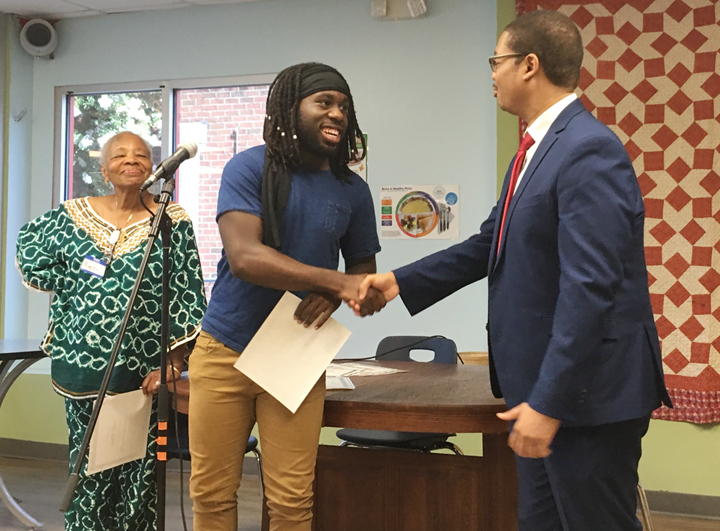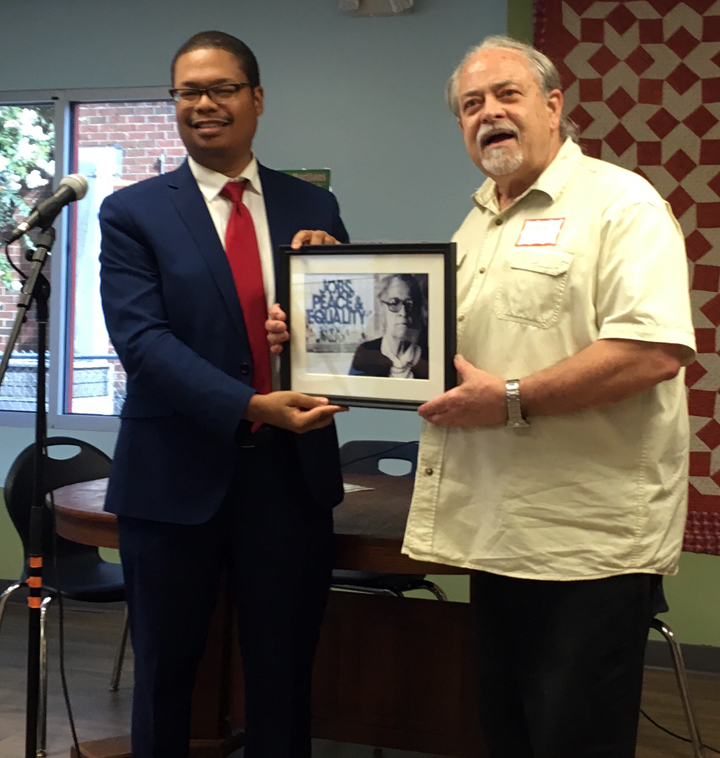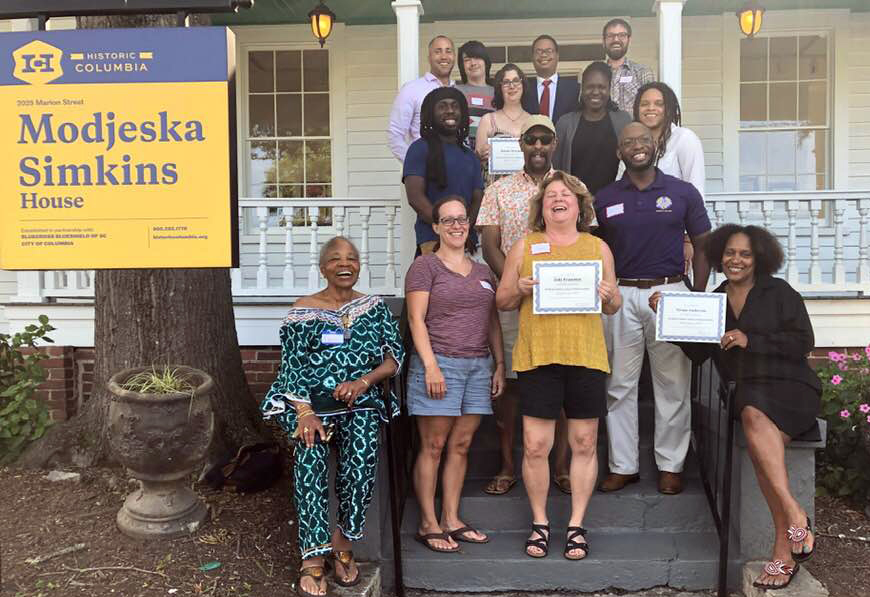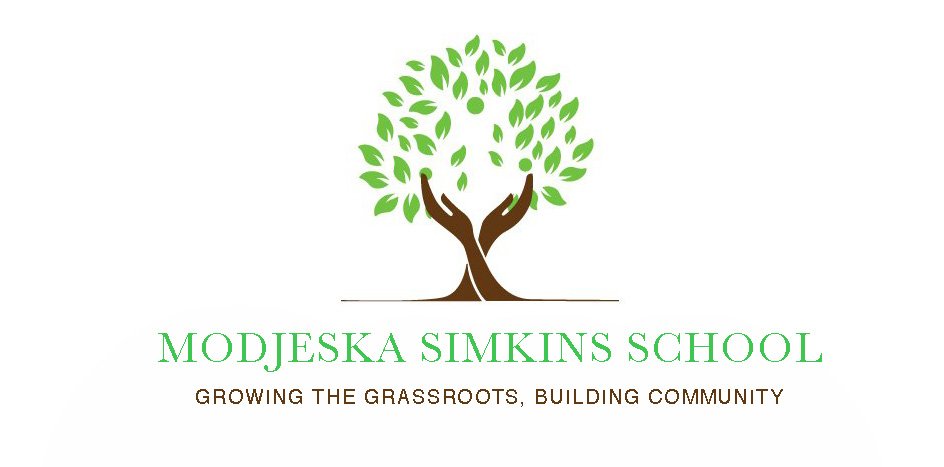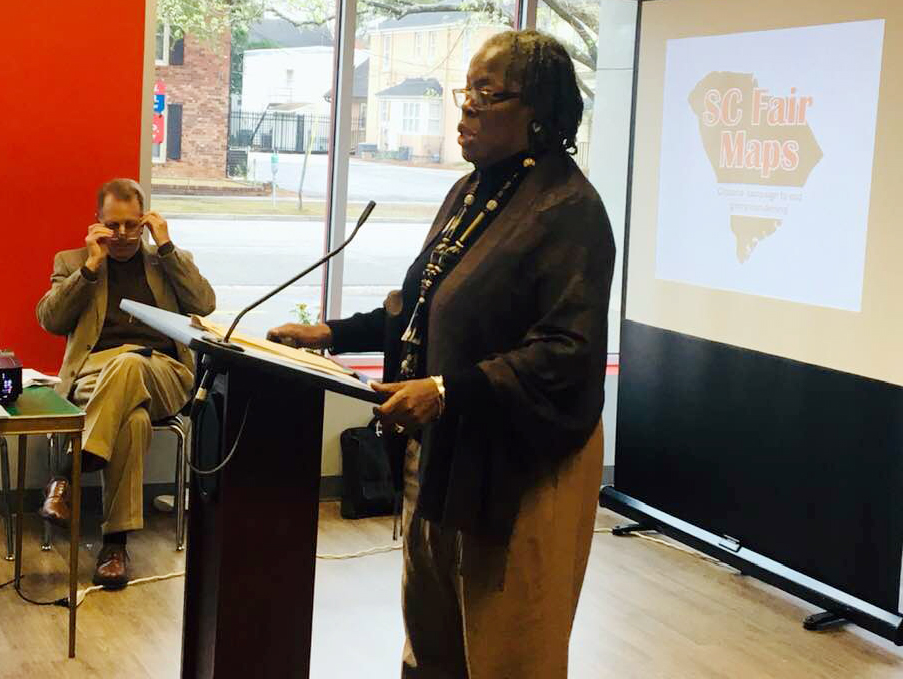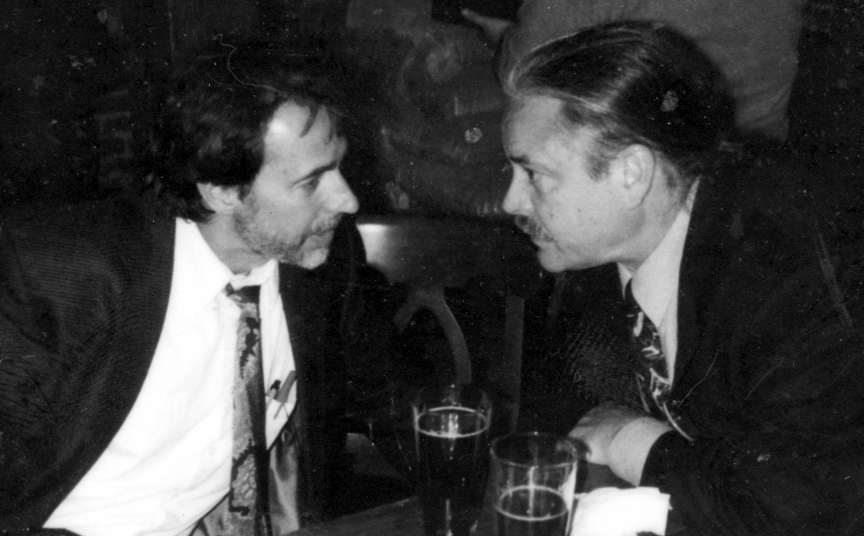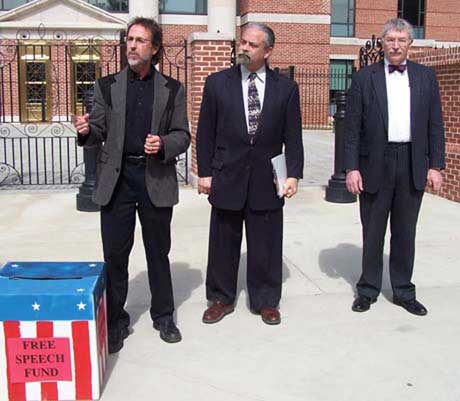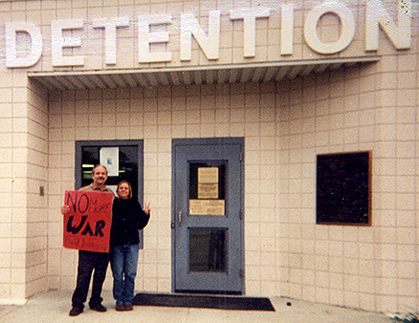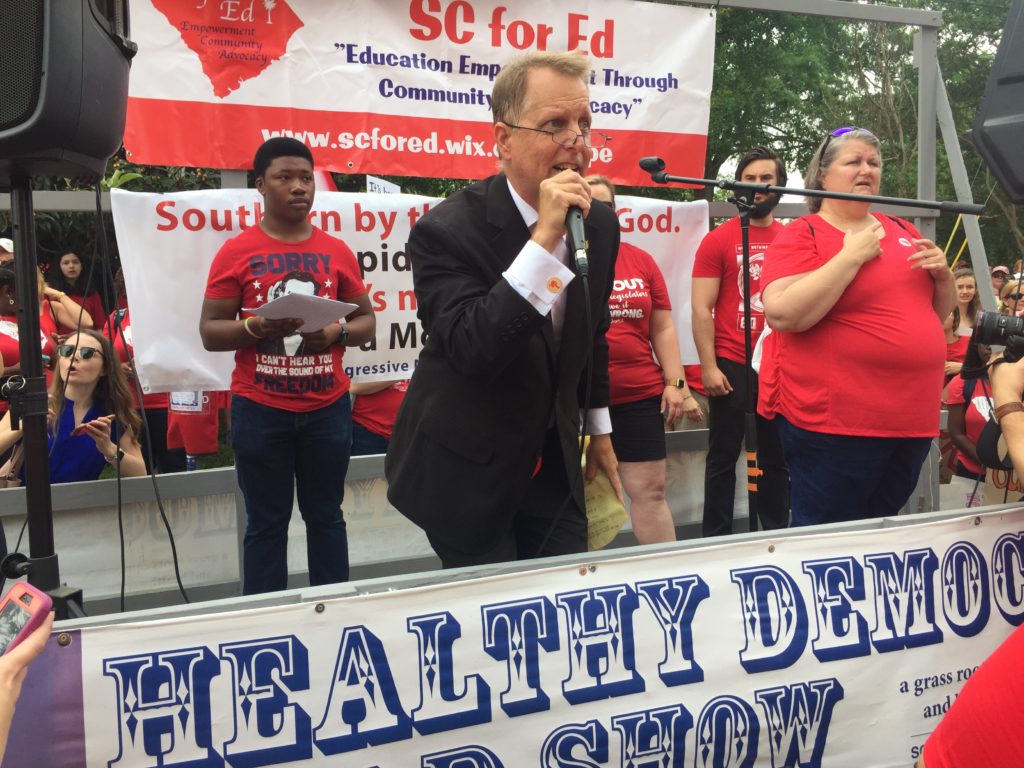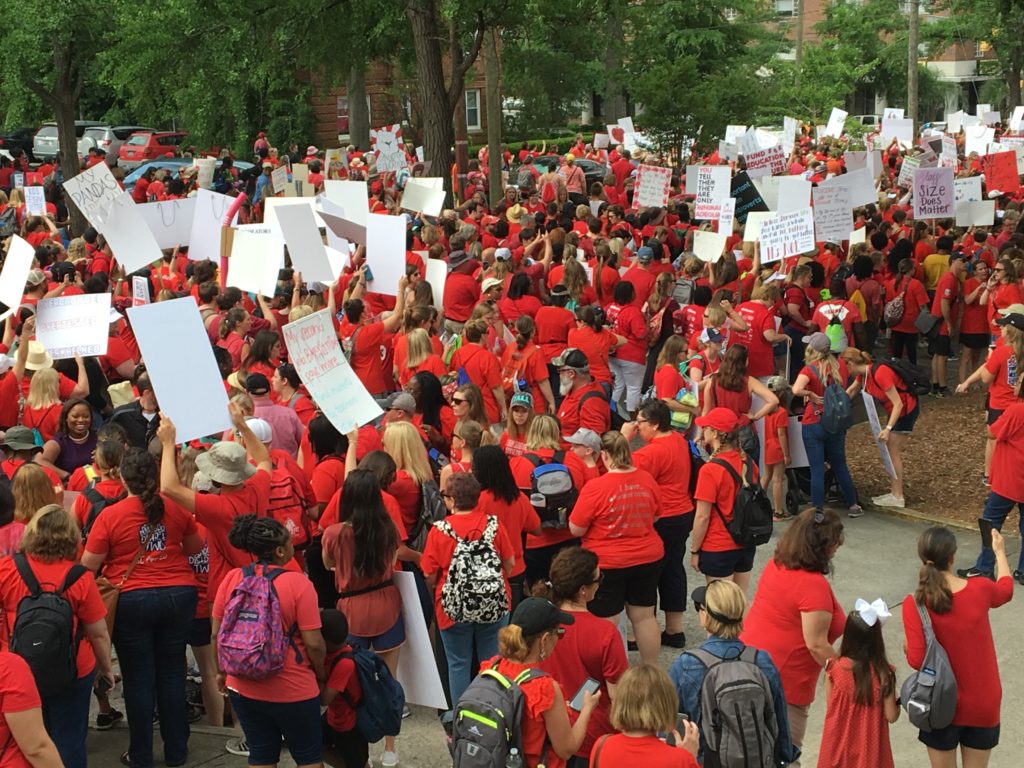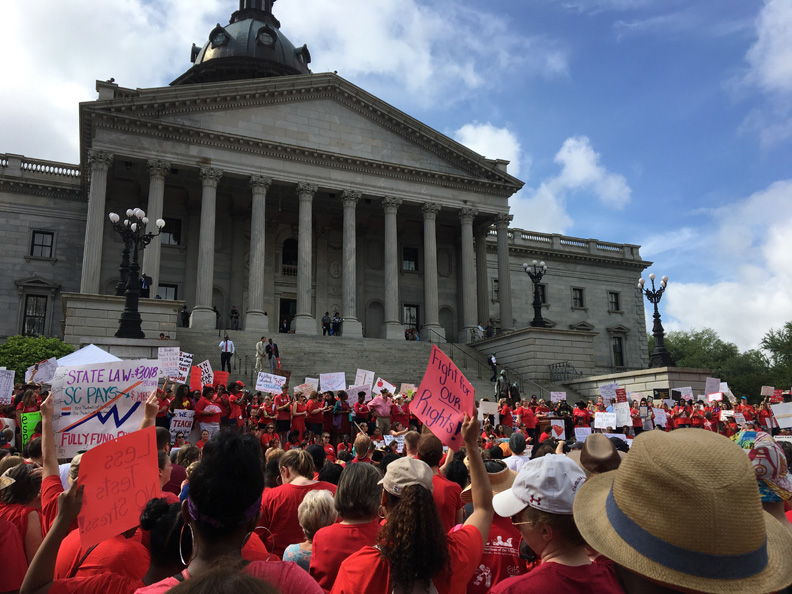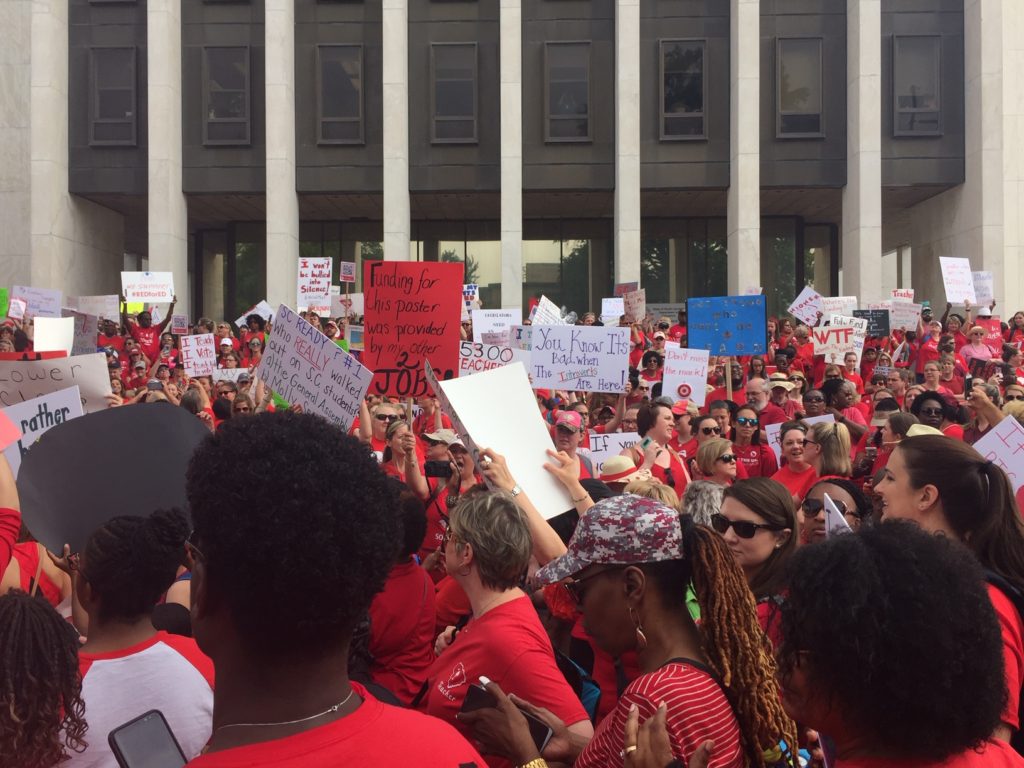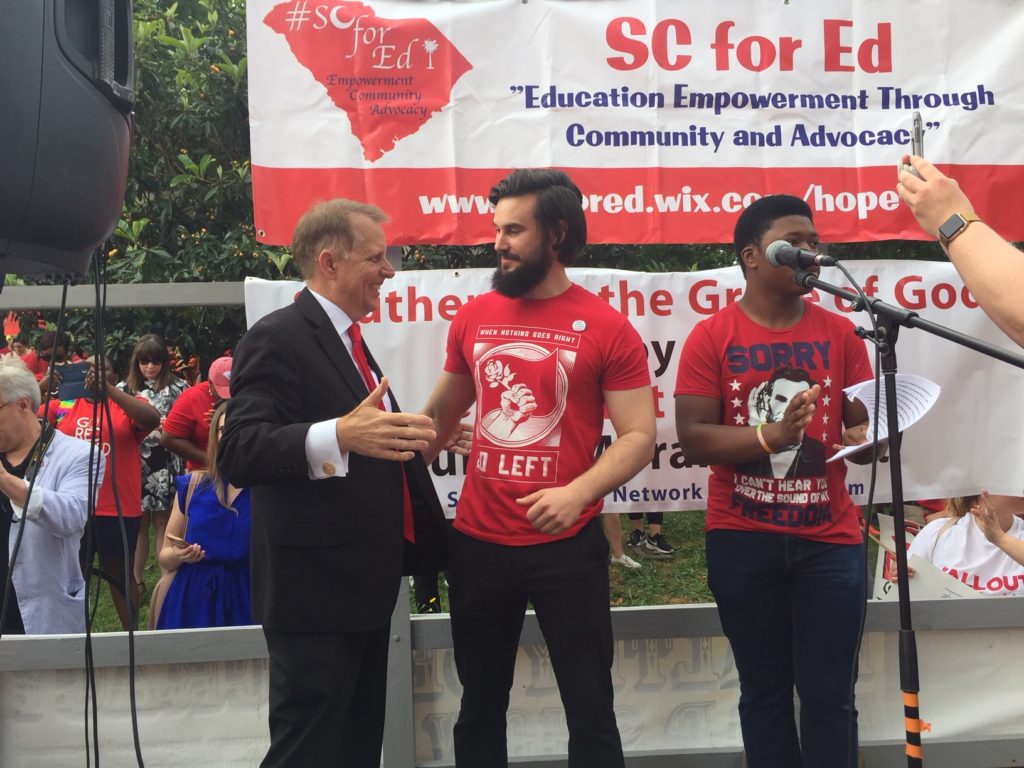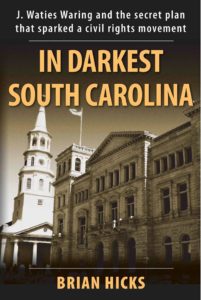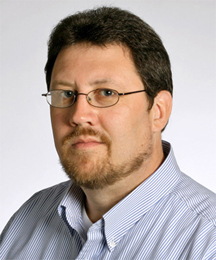Once upon a more hopeful time, there was a place called GROW, the Grass Roots Organizing Workshop.
For 20 years, the unassuming building behind the ballpark in Columbia’s mill village marked the intersection of art, politics, and grass roots organizing in South Carolina.
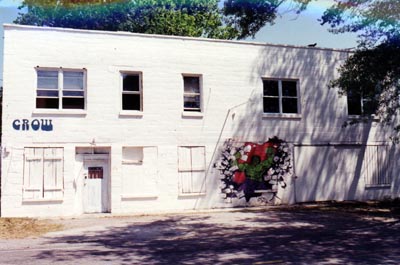
GROW was a true collective born of optimism and faith in the radical ideals of peace, justice, equality, democracy, and respect for Mother Earth.
In 1996, GROW launched the SC Progressive Network. It remains the state’s oldest, home-grown grass roots organizing body.
When GROW unexpectedly lost its lease in 2000, the Network lost its home, the progressive community lost a vital organizing hub, and the capital city lost a cultural treasure.
Truth be told, South Carolina has never seen anything like it.
Until now.
When the GROW building was shuttered, the SC Progressive Network was suddenly homeless. We met in temporary spaces until 2009, when we moved into the historic home of Modjeska Monteith Simkins, an ally and mentor at GROW for nearly 20 years.
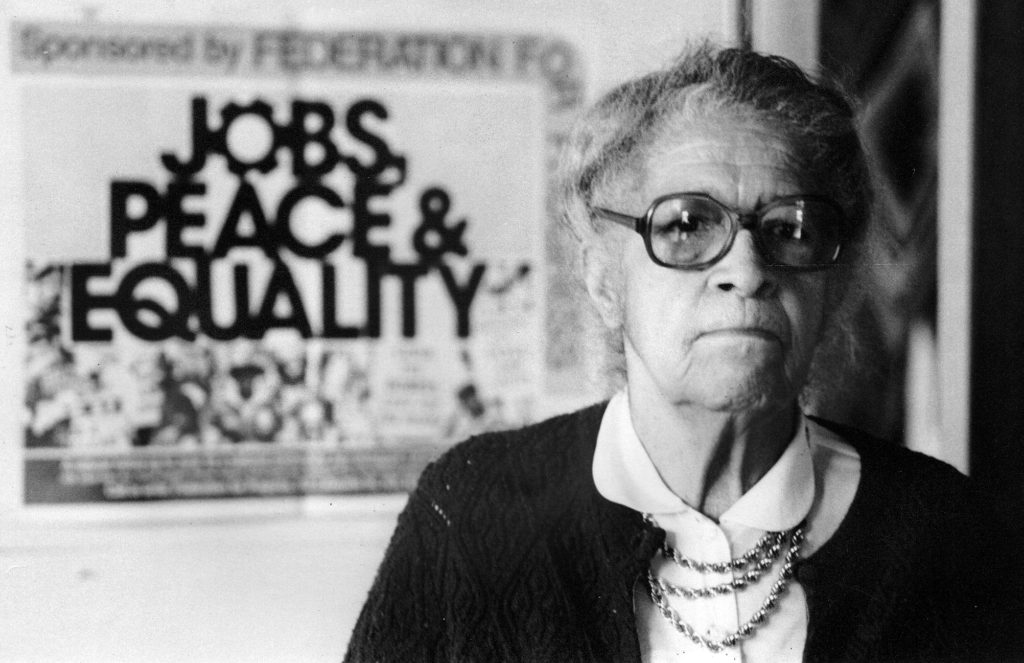
When Historic Columbia received funds to renovate the house, we again had to move. Much as we loved it there, it was time to find a place of our own.
We didn’t go far. We bought the building next door, at the corner of Marion Street and Elmwood Avenue, in the heart of Columbia.
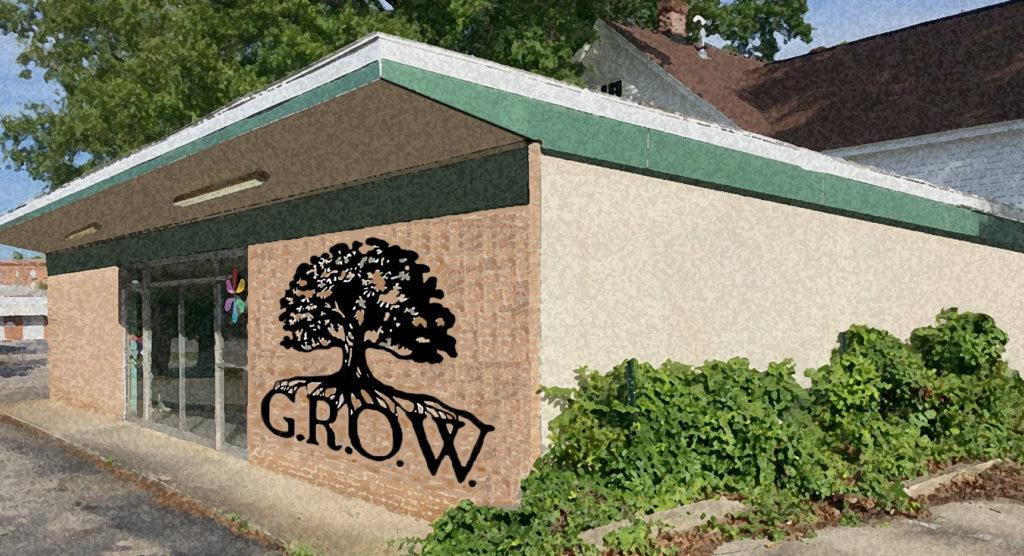
We’re calling the new place GROW, a nod to our roots and the original mission of movement building.
It is wonderful to have our own home again. The move brings new opportunities — as well as challenges. We must remodel the building to meet city codes and our IT needs. We plan to add a kitchen and, eventually, a second story.
We are counting on friends and allies to help make GROW a vibrant and sustainable resource for South Carolina activists to network, make plans, create art, and find fellowship.
A MODEL FOR ORGANIZING
Unique among SC nonprofits, GROW was worker-owned and self-sustaining. They ran an eco-friendly, union print shop, and a coffee-house that served up loveburgers, sweet potato fries, and live music.
Our aim from the beginning was to be self-sufficient, free of the constraints nonprofits face when reliant upon foundations with no understanding of South Carolina’s cultural and political landscape.
The cafe and print shop kept the lights on and paid staff, but the point of that work was to support all the rest: mobilizing for human rights at home and abroad, and challenging sexism, white privilege, homophobia, institutional racism, and the military industrial complex.
GROW organized pickets, boycotts, and mass rallies, the biggest a 1978 anti-nuclear gathering of 5,000 protesters in Barnwell that ended in 271 peaceful arrests and a surprise performance by Jackson Browne.
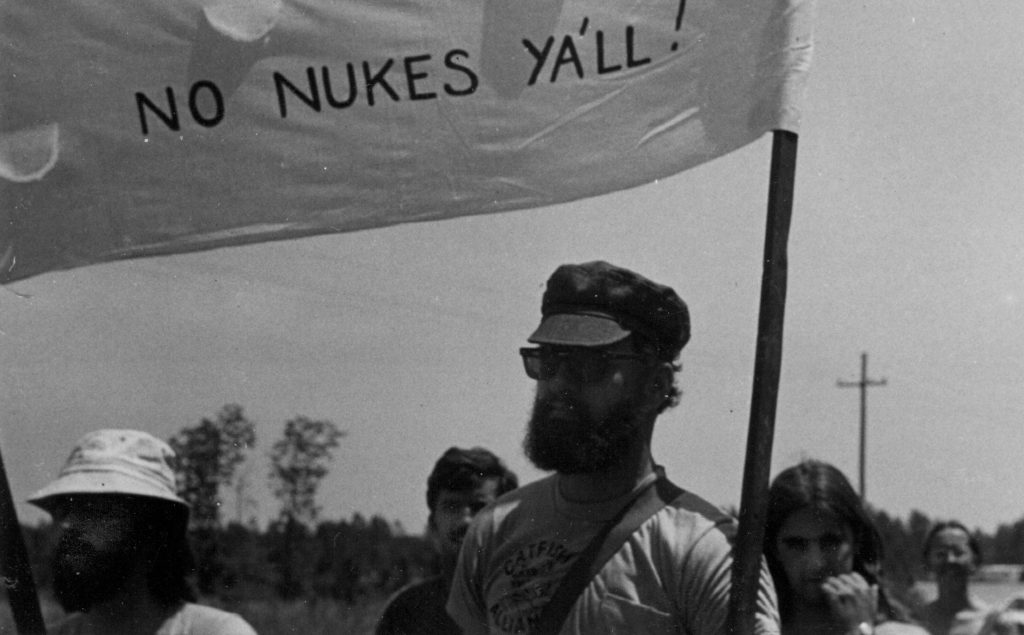
They started the GROW Food Co-op that served Lower Richland for 40 years.
They published POINT, the alternative newspaper that for 10 years covered stories the mainstream press would not.
Over the years, we have “made a way out of no way,” as Ms. Simkins taught us.
The SC Progressive Network has received some grants, and for those we are grateful but we don’t rely on them. Instead, we hold true to the idea of being beholden only to the community that sustains us.
A LOOK BACK
Since our founding in 1996, we have built a solid record. Here are a few highlights. The SC Progressive Network:
- Organized mass rallies for a moral budget, Medicaid expansion, and against the Confederate flag on the State House grounds. On the first day of the new administration, we mobilized 4,000 protesters in Columbia.
- Held town halls on racial profiling, workplace discrimination, and political corruption. We have screened documentaries, led panel discussions, and attended countless legislative hearings.
- Created in 1998 the state’s first online campaign finance database to track donor contributions to politicians.
- Has monitored elections and run the Election Protection hotline in South Carolina since 2008.
- Researched disparities in the criminal justice system and found that black men are incarcerated at a higher rate in SC than anywhere in the nation. We introduced a bill to require cops to report all stops that became law in 2006.
- Led the challenge to SC’s voter ID law. While we won the battle (you don’t need a photo ID to vote here) we lost the war because confusion over the law led to the very voter suppression we tried to avert.
- Wrote biographies on Modjeska Simkins, Harriet Hancock, and Sarah Leverette, and History Denied, Recovering South Carolina’s Stolen Past. Another book is in the works.
- Won a lawsuit in 2016 to allow Greenville County college students living on campus to register to vote.
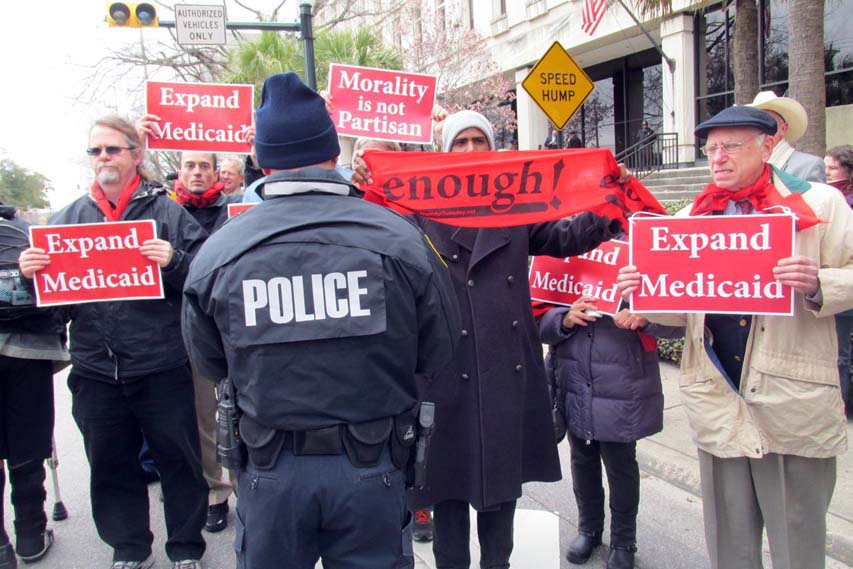
A LOOK FORWARD
The new GROW is already busy. The space is being used by the Network and a host of friends and allies: labor unions, peace and anti-racist activists, a youth-led immigrant rights group, a nonprofit working to empower young girls, volunteers for a citizens’ campaign to end gerrymandering, a quilting group, a reading group, and poets are meeting for a regular open mic night.
In the coming months, GROW will be used for organizing skills workshops, art installations, and will house a lending library of books and films. This spring, it will be the classroom for the Modjeska Simkins School.
Eventually, we plan to open a cafe with a modest but quality menu.
Already, GROW is clearly meeting a need. With your support, we can create a welcoming space to grow and serve another generation of community organizers in South Carolina.
YOUR INVESTMENT MATTERS
The Network has created the kind of community that only comes with time, trust, and shared experience. You can’t buy that. But you can support it.
Whether it’s time, skills, money — or all three — we welcome whatever you can contribute. We promise to put it to good use. The need is more critical than ever for a new GROW, a place where we can study, map plans, make art, and create a more just and sustainable future.
Your support makes these projects possible:
• Modjeska Simkins School for Human Rights was launched in 2015 with a three-month course taught by some of the state’s leading activists, professors, and historians. We equip emerging organizers and those new to South Carolina with the tools they need to be engaged citizens and effective leaders. Our new home will allow the school to expand its curriculum and its reach into Midlands communities.
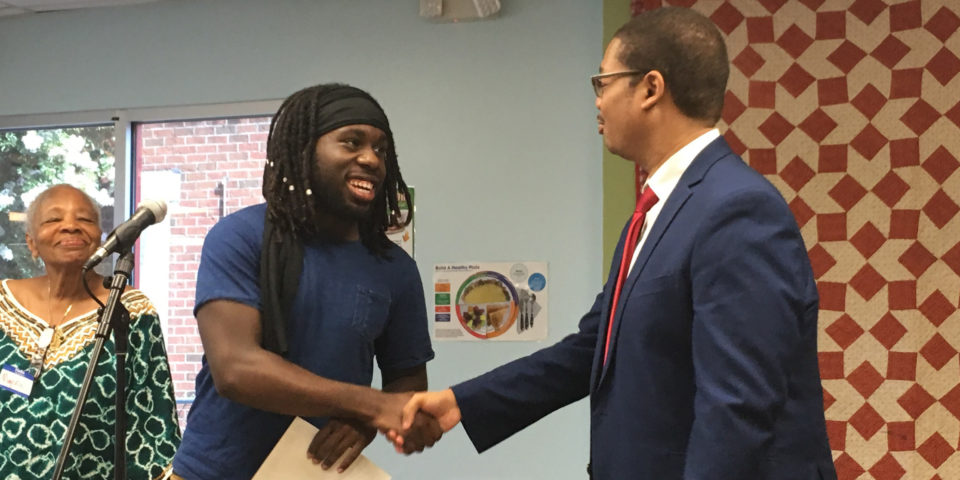
• Sunday Socials are the public component of the Modjeska School, offering free film screenings, panel discussions, and author round-tables on various topics of current or historic significance.
• Missing Voter Project targets select communities to register the state’s under-represented voters. Since 2004, the MVP has added more than 10,000 people to the voting rolls.
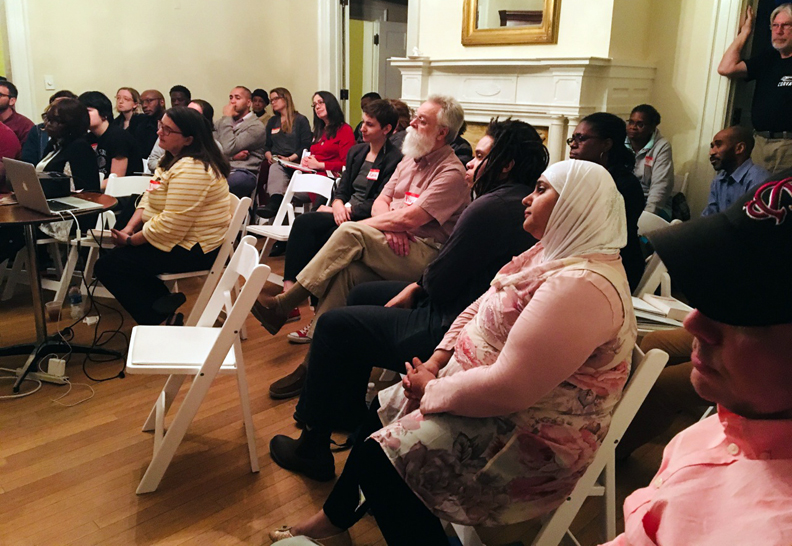
• New Legacy Project is the youth coordinating body of the Network. They organize events, record a podcast, and are compiling a report on the state of South Carolina’s younger people.
• Progressive Policy Institute is the state’s only nonpartisan think tank that researches problems and writes legislation to benefit the people’s best interests.
• Racial Justice Project investigates and challenges institutional and systemic racism. We provide tools for communities to mitigate racial profiling. We identify unregistered and infrequent voters, and help emerging leaders organize in their schools and their neighborhoods.
• Fair Maps SC is a citizens campaign to end gerrymandering in South Carolina by letting voters draw district maps. SC has the least competitive elections in the nation because politicians get to pick their own voters. Ours is the only remedy that doesn’t rely on lawmakers or the courts.
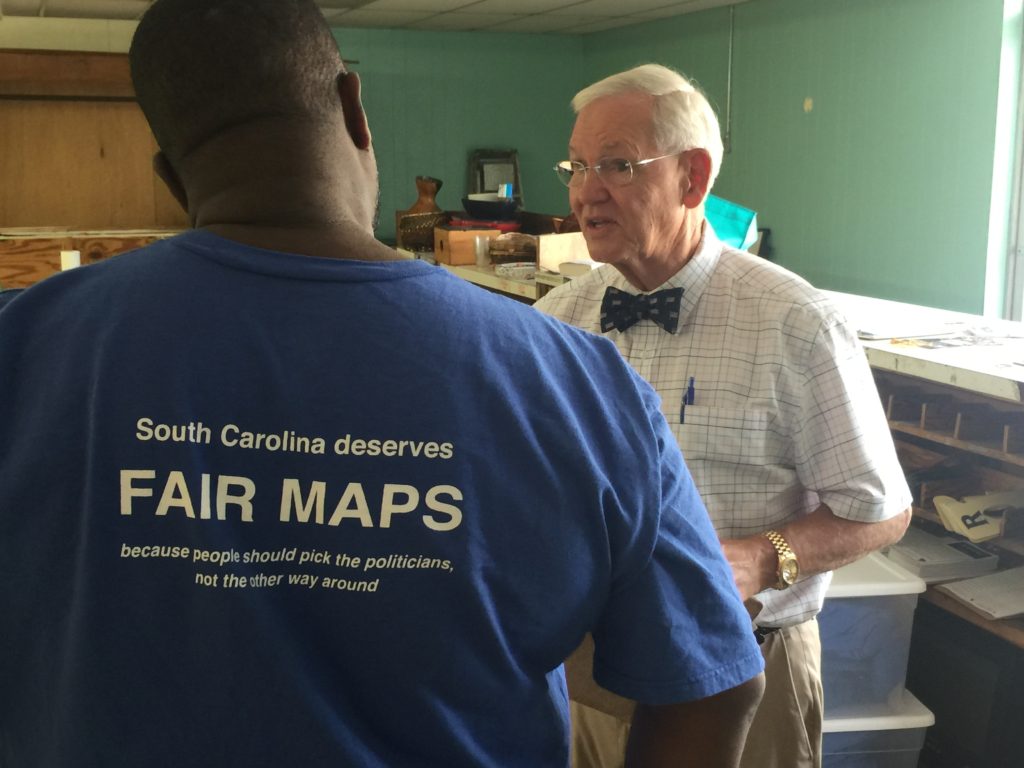
• The Monument Project leads group tours of statues and markers that perpetuate a false narrative of our state’s complex history. As long as law prevents their removal, it behooves us to know more about the monuments and markers in our public spaces.
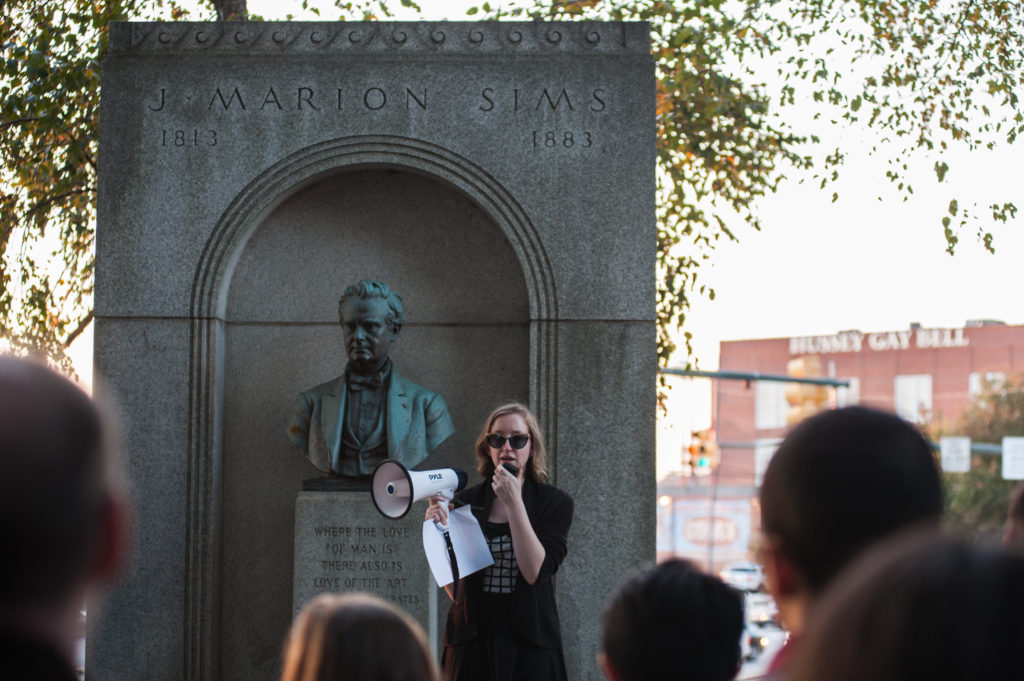
WAYS YOU CAN GIVE
Because you value the work of the SC Progressive Network INVEST!
Your annual contribution keeps our projects going and growing, and supports the new building and infrastructure for the next generation of activists.
Recurring donations are the best way to help us meet our annual budget. One-time donations are welcome. Contributions of $25 include a Network membership. Contributions above $25 are tax-deductible.
DONATE HERE or call 803.808.3384
Mail checks to: SC Progressive Network, PO Box 8325, Columbia SC, 20202
CAPITAL CAMPAIGN
The Capital Campaign must raise $350,000 over the next few years to pay off the mortgage, remodel the building, make it fully accessible, and meet all codes. We have already raised the $41,000 for the down payment and other expenses. Please use the enclosed pledge card to set a giving target. Donations to the Capital Campaign are tax-deductible.
Gifts of stock yield a tax deduction of 100% of the value the day gifted, and reduce or eliminate capital gains on future stock sales.
For details about pledges, gifts, or a bequeath in your will, call 803-808-3384

